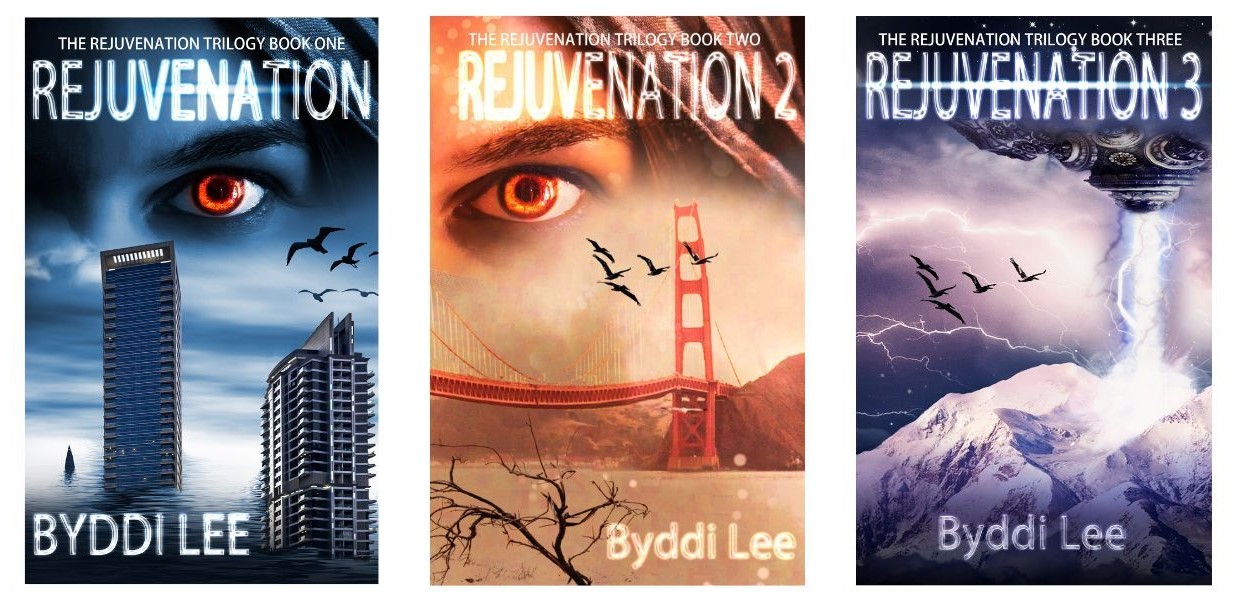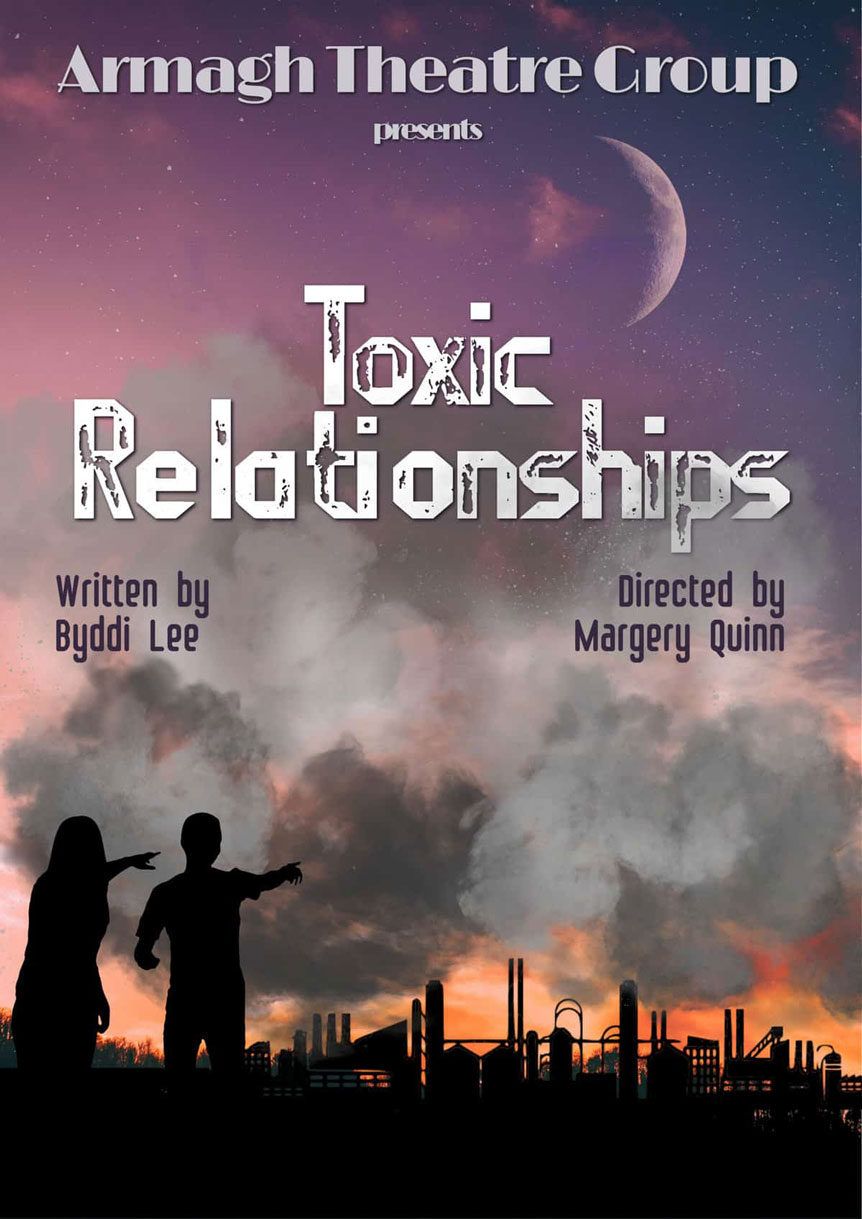How many books have you produced and what are the themes you look at in your writing?
The recurring theme is emotional milestones throughout your life.
The first piece of writing I produced was a short story about my father dying. I was holding his hand when he died in a hospice. That was published in Ireland’s Own and in a magazine in Canada. That was a real milestone for me because someone was actually paying me for my writing. It was a huge thrill.
Then I went on to write “March to November” and the theme there was divorce, accepting who you are, forgiveness and getting on with your life.
There were many iterations of that book, I wrote it, took a sledgehammer to it, rewrote whole sections, edited other sections, and eventually it was moulded into something which I was happy with and it was published.
What follows after that?
“Rejuvenation” was a trilogy and it is about the idea of the potential to get younger. Effectively, that older people could to go through a stage which would reverse the ageing process. It was a response to menopause and the idea was that you have triggers in your body where puberty emerges, and then another trigger where menopause takes place and I thought what if you lived long enough where another trigger put you in a phase where you were getting younger. I was also thinking about Climate Change at that time. So Rejuvenation is also a metaphor for what is happening with the climate.
“Barren” was about my own experience with infertility, and it has a dual time line where a woman is experiencing infertility with the backdrop of Climate Change in the present day, and the other timeline is set in 2354 BC – Neolithic Ireland. At that time there was a climate event which lasted for 9 years and the women in that timeline was dealing with that and also experiencing infertility. The timelines mirror each other.
The underlying themes are the changes in women’s lives especially periods which don’t often get discussed?
Yes, those would be the themes I am working with, but I think that often things will be dictated by what the particular story needs.
When you are writing you have to find that space you might call an artificial slice of life. You do have to look at the starting point and also what the end point will be and what the story arcs are.
With the question of infertility, when you are writing about that experience you do have to work on the story which surrounds it because the one thing about infertility is that it is quite repetitive. You are waiting for something to happen, and in the end nothing happens, so the storytelling has to allow that experience to remain interesting and engaging for the reader.

Yes I wrote a play about the “Armagh Train Disaster” with two other writers. I really didn’t know a lot about theatre at that point in time, and I couldn’t have written that play without the other writers. Between the three of us there was a really good dynamic where we were able to share our skills and we managed to package the story and create a good piece for the theatre.
Have you written anything else?
I have written a series of mini plays each about ten minutes long. One of those was about removing someone’s medication and was looking at a situation where they would die without that medication even though that medication was impacting their general demeanour. The medication made them violent and unmanageable.
Another play was about the media coverage of the sinking of The Titanic compared to that of the sinking of the boats containing refugees. And I have also written a full length play, “Toxic Relationship” which is about Climate Change and that will be staged in the Market Place Theatre in Armagh on Halloween.
Where to Now?
I will be starting rehearsals for “Toxic Relationship” next week and I will be promoting “Barren”. And that should take me up to Christmas this year and I will be looking to start new projects in 2026.

If you would like to see more of the work of Byddi Lee see the following links
